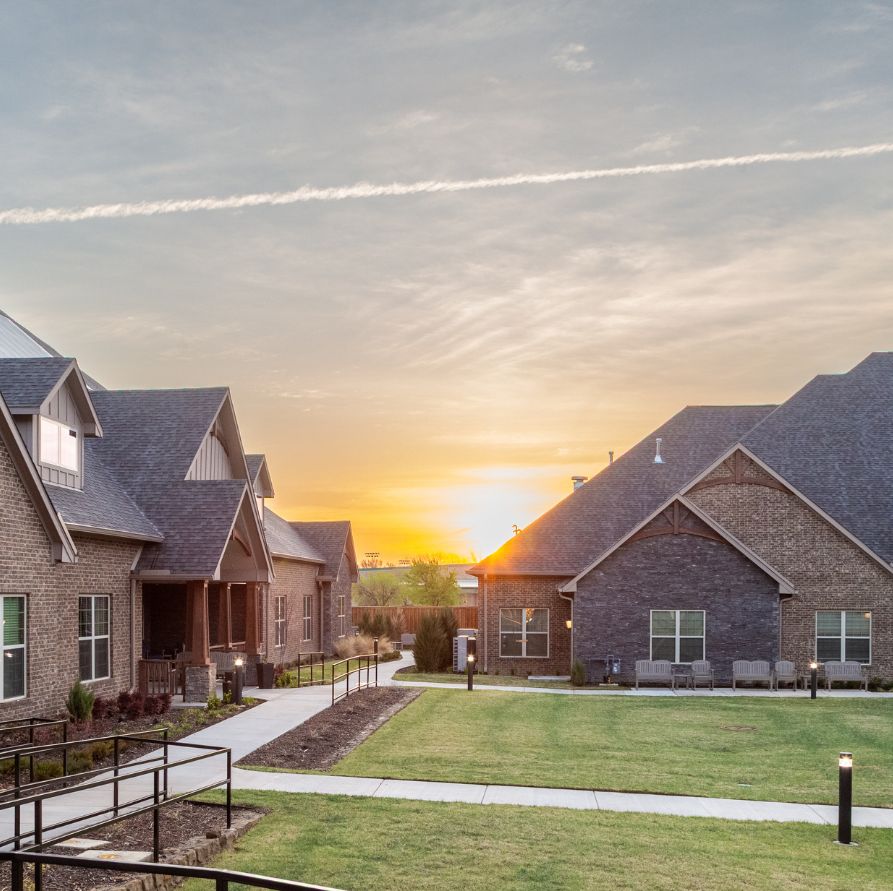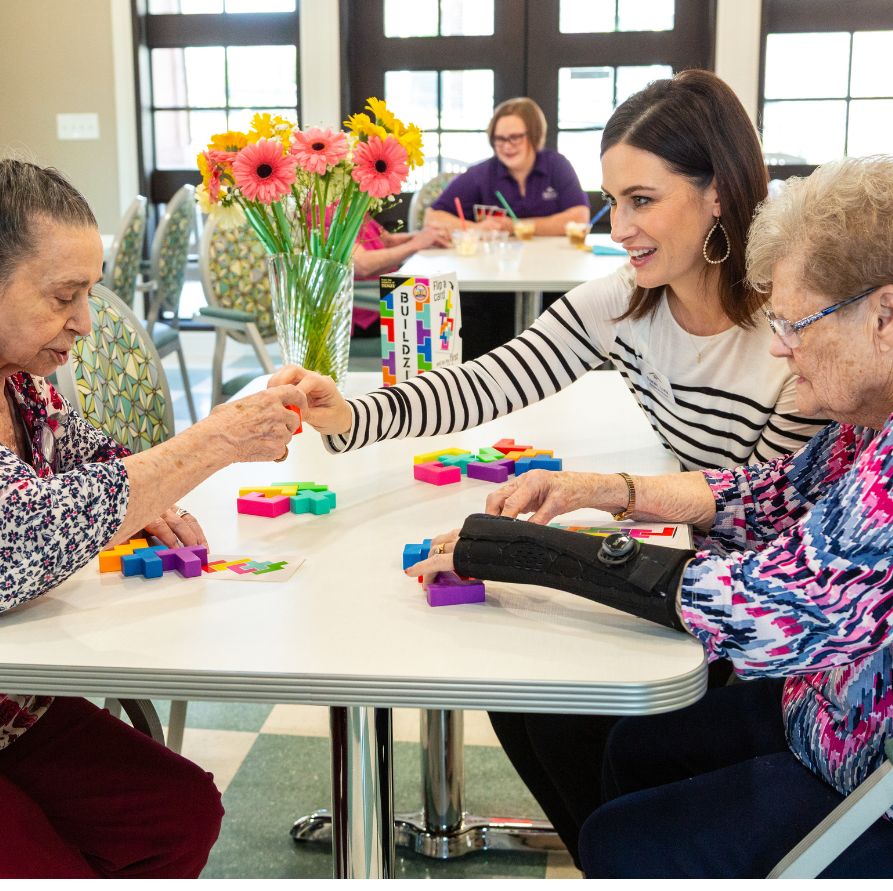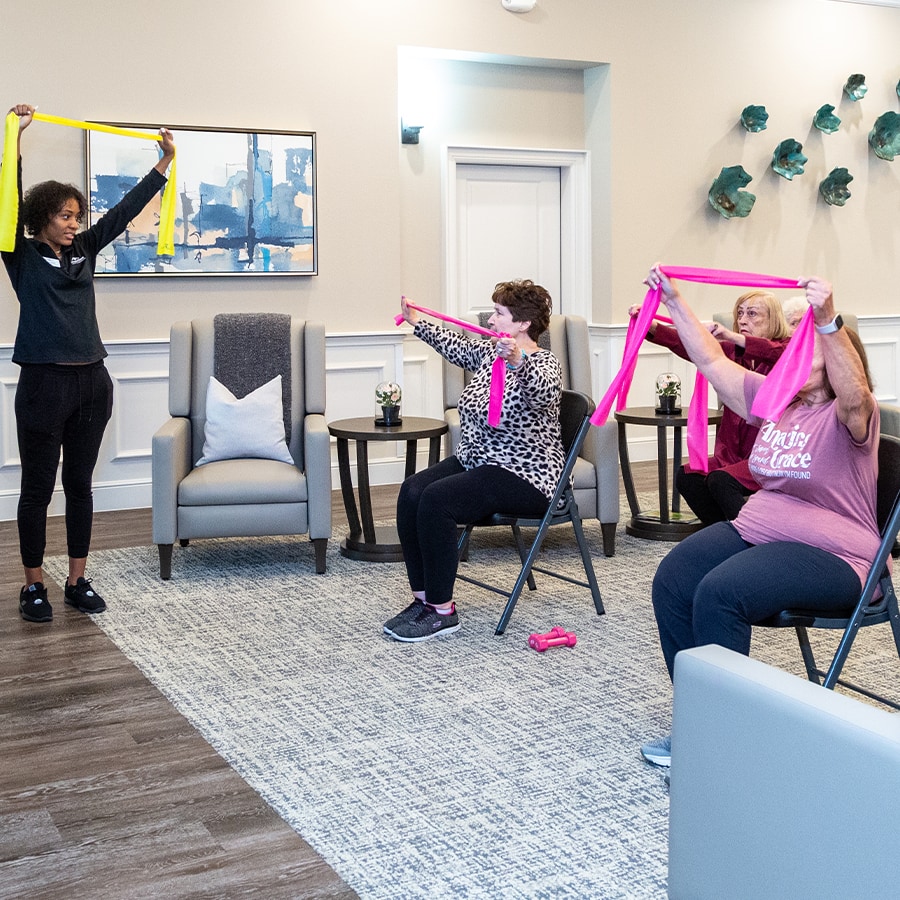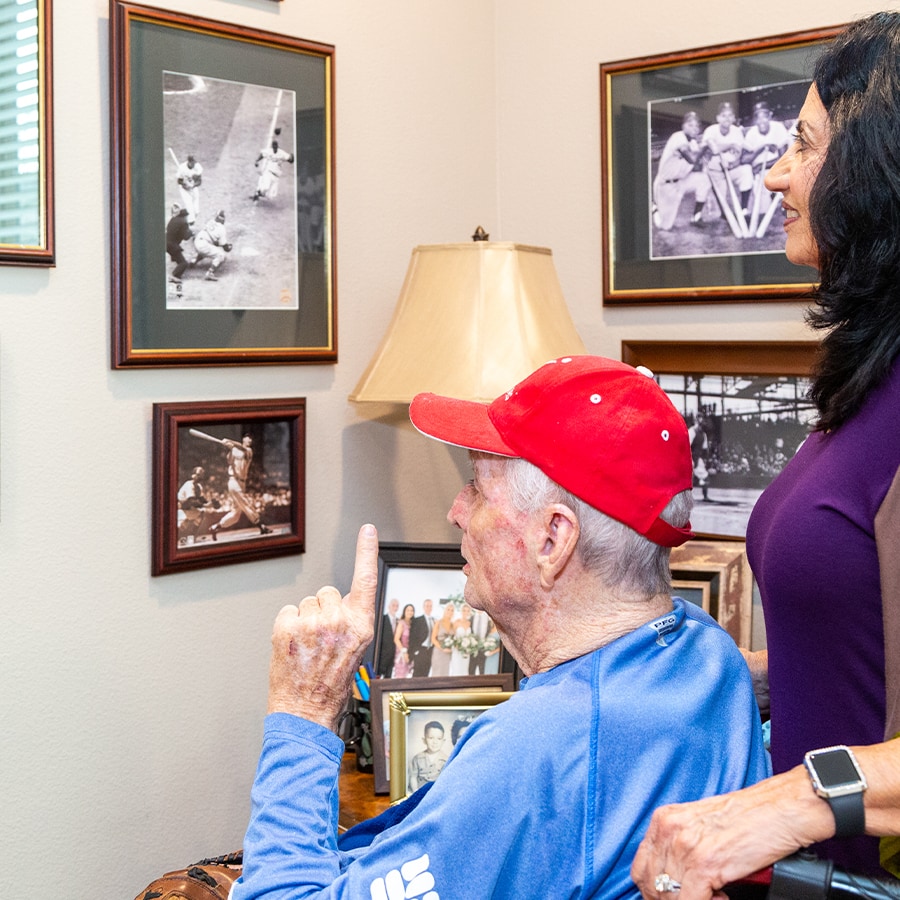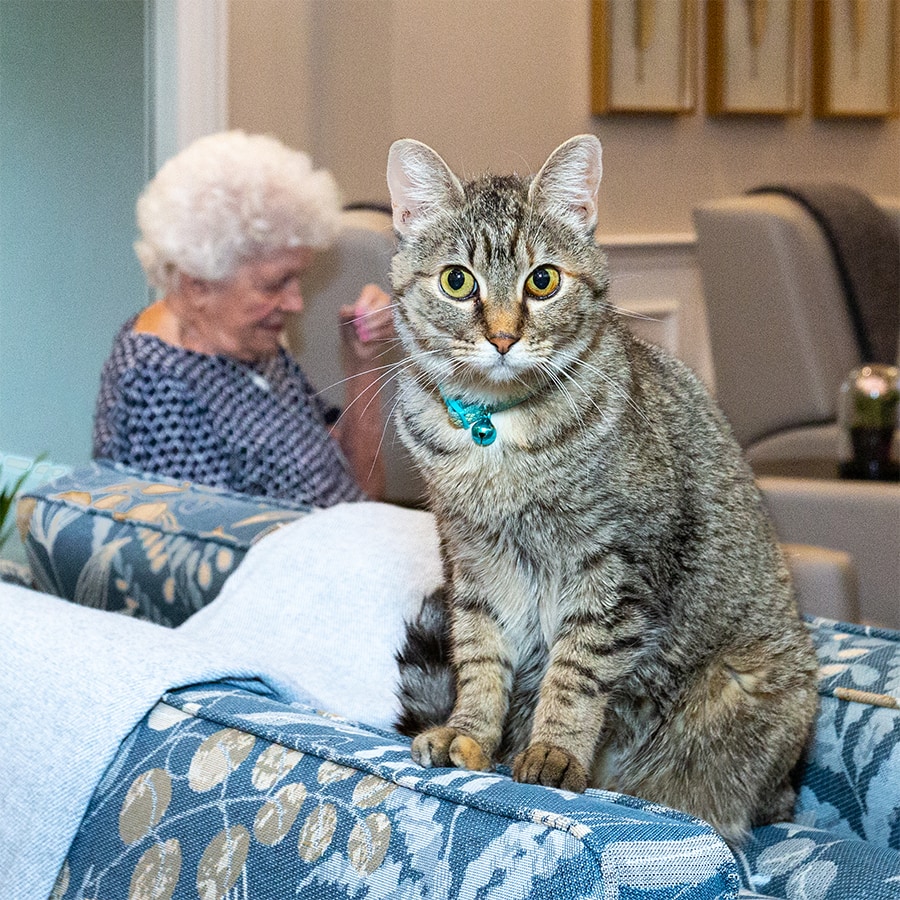Key Takeaways
- Alzheimer’s disease usually develops slowly and starts with mild forgetfulness, later affecting reasoning, judgment, and communication.
- Early symptoms include memory gaps, getting lost, and difficulty with daily tasks that were once familiar.
- Poor judgment, visual confusion, and unusual misplacement of items can all signal cognitive decline.
- Shifts in mood, personality, or social withdrawal may occur as a person becomes confused or overwhelmed.
- Talking about memory care early can help preserve a loved one’s quality of life and provide needed structure and safety.
How to Recognize the Early Signs of Alzheimer’s Disease
Alzheimer’s disease doesn’t always announce itself loudly. Often, it begins with subtle shifts in memory, personality, or routine—changes that may feel easy to explain away at first. But for families, recognizing these early shifts is key to offering the right support at the right time. So, how can you learn to recognize the earlier signs of this condition?
The early warning signs of Alzheimer’s in seniors include:
- Losing track of time and location
- Risky choices or poor judgment
- Visual and spatial perception problems
- Withdrawal from work, hobbies, and social life
- Language and communication challenges
- Memory gaps
- Misplacing items and losing the ability to retrace steps
- Shifts in mood, personality, and behavior
- Trouble with familiar activities
What Causes Alzheimer’s Disease?
Alzheimer’s disease is a type of dementia that typically affects adults over the age of 65. It develops slowly and worsens over time. In the earlier stages, it usually causes mild forgetfulness, but it eventually leads to challenges with reasoning, judgment, and communication.
While there’s no way to determine exactly how Alzheimer’s will affect a person, an early diagnosis is one of the most important factors. It lets your family plan ahead to get your loved one the right level of care and help them preserve their quality of life.
The Common Symptoms of Alzheimer’s Disease
Many of the first signs of Alzheimer’s symptoms can look like normal aging. But when these symptoms begin to interfere with daily life, it may be time to take a closer look.
1. Losing Track of Time and Location
Forgetting the day of the week or getting turned around in a familiar neighborhood can happen to anyone. But if these episodes become frequent, they may signal cognitive decline. A person may lose track of how they got somewhere or feel disoriented in a place they’ve visited many times before. This confusion may cause stress or make someone hesitant to go out alone.
2. Risky Choices or Poor Judgment
As Alzheimer’s progresses, it can affect decision-making in surprising ways. Someone who was once cautious might begin making risky financial choices or neglecting basic hygiene. They may fall for scams or become overly trusting of strangers. These changes can feel alarming for families, especially when safety becomes a concern.
3. Visual and Spatial Perception Problems
Some people experience trouble with depth perception or interpreting visual information. This can look like hesitating at curbs, missing steps, or having difficulty reading. This can be mistaken for vision issues, but they’re often connected to changes in how the brain processes visual input.
4. Withdrawal from Work, Hobbies, and Social Life
Losing interest in hobbies, skipping social events, or pulling back from family routines can be early red flags. This withdrawal may stem from embarrassment or frustration. As everyday tasks become harder, some people isolate themselves to avoid making mistakes in front of others.
5. Language and Communication Challenges
Conversations may become more difficult as the person struggles to find the right words or follow the thread of a discussion. They may repeat themselves often or pause mid-sentence. These changes can feel subtle at first, but may grow over time.
6. Memory Gaps
Frequent memory loss—especially when it affects daily life—is one of the most recognized signs of Alzheimer’s disease. Forgetting recent conversations, appointments, or asking the same question several times are all common examples. This symptom is often mistaken for age-related forgetfulness, but it can quickly affect your loved one’s daily life.

7. Misplacing Items and Losing the Ability to Retrace Steps
Putting important items in odd places—like keys in the freezer or a wallet in a planter—can be another signal. More concerning is the inability to retrace steps to find the lost object. In some cases, the person may become suspicious and believe someone has stolen their belongings. This can lead to stress between families, caregivers, and your loved one.
8. Shifts in Mood, Personality, and Behavior
A once outgoing person may become anxious, irritable, or suspicious. They may express fear in unfamiliar environments or frustration when routines change. These shifts often come from the confusion and uncertainty that Alzheimer’s brings. Recognizing these changes as symptoms, not personal behavior, is key here.
9. Trouble with Familiar Activities
Tasks that were once second nature, such as cooking or driving, can become difficult for someone with Alzheimer’s. They may forget the steps involved or feel overwhelmed by activities they previously enjoyed. At first, this may appear like forgetfulness, but it can be a sign that your loved one is struggling with moderate-to-late stage Alzheimer’s disease.
How to Talk to a Loved One About Their Alzheimer’s Disease
Talking about Alzheimer’s disease can be difficult. It’s an emotional topic, and it’s understandable that families want to approach it with care. One helpful approach is to start from a place of observation and empathy.
Choose a quiet moment when everyone feels calm. Then, focus on what you’ve noticed using “I” statements like, “I’ve noticed you’ve been having a harder time remembering appointments, and I wanted to check in with you.”
Bringing up the topic of memory care may feel early, but it’s a conversation worth having. Planning ahead can help preserve quality of life and reduce future stress. Communities that offer memory support can provide comfort, safety, and routine, and that’s extremely valuable when dementia is involved.
Make the Right Choice for the Person You Love
From memory gaps to communication changes, these symptoms often show up gradually. However, recognizing them can make all the difference. It lets you step in and talk about memory care with your loved one, and that conversation matters.
Here at Teresa’s House in Argyle, we’re always ready to help. In our community, your loved one will be supported every day, because that’s what they deserve. To learn more about how we can help, contact our team today!


